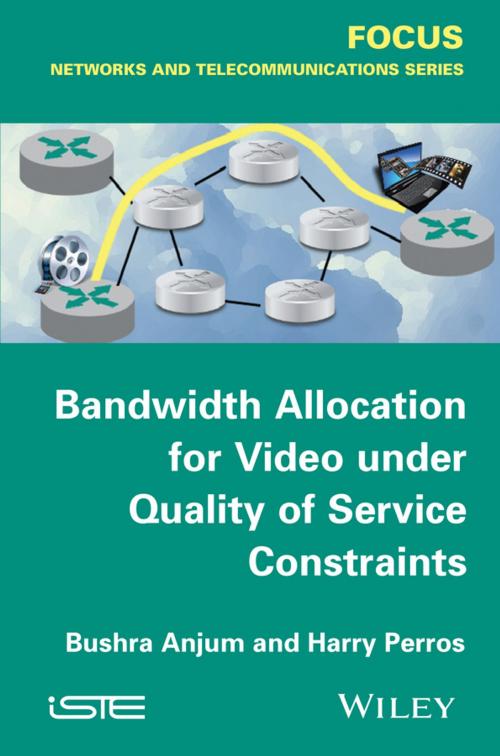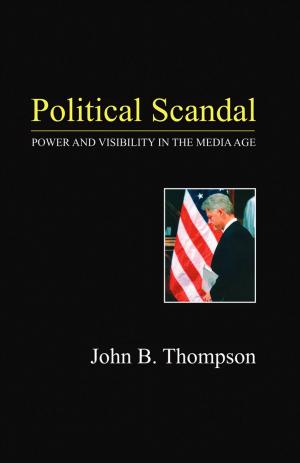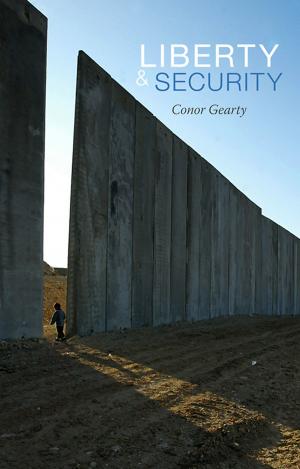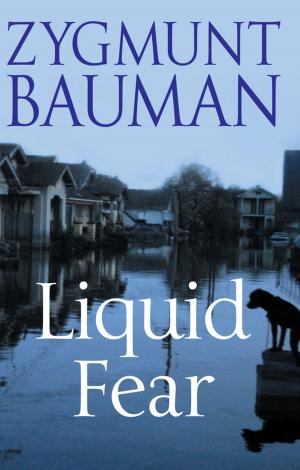Bandwidth Allocation for Video under Quality of Service Constraints
Nonfiction, Science & Nature, Technology, Telecommunications| Author: | Bushra Anjum, Harry G. Perros | ISBN: | 9781119073154 |
| Publisher: | Wiley | Publication: | December 9, 2014 |
| Imprint: | Wiley-ISTE | Language: | English |
| Author: | Bushra Anjum, Harry G. Perros |
| ISBN: | 9781119073154 |
| Publisher: | Wiley |
| Publication: | December 9, 2014 |
| Imprint: | Wiley-ISTE |
| Language: | English |
We present queueing-based algorithms to calculate the bandwidth required for a video stream so that the three main Quality of Service constraints, i.e., end-to-end delay, jitter and packet loss, are ensured.
Conversational and streaming video-based applications are becoming a major part of the everyday Internet usage. The quality of these applications (QoS), as experienced by the user, depends on three main metrics of the underlying network, namely, end-to-end delay, jitter and packet loss. These metrics are, in turn, directly related to the capacity of the links that the video traffic traverses from its source to destination. The main problem that this book addresses is how much bandwidth we should allocate on the path from source to destination of a video traffic flow such that the end-to-end delay, jitter and packet loss of the video packets are within some expected required bounds.
We present queueing-based algorithms to calculate the bandwidth required for a video stream so that the three main Quality of Service constraints, i.e., end-to-end delay, jitter and packet loss, are ensured.
Conversational and streaming video-based applications are becoming a major part of the everyday Internet usage. The quality of these applications (QoS), as experienced by the user, depends on three main metrics of the underlying network, namely, end-to-end delay, jitter and packet loss. These metrics are, in turn, directly related to the capacity of the links that the video traffic traverses from its source to destination. The main problem that this book addresses is how much bandwidth we should allocate on the path from source to destination of a video traffic flow such that the end-to-end delay, jitter and packet loss of the video packets are within some expected required bounds.















